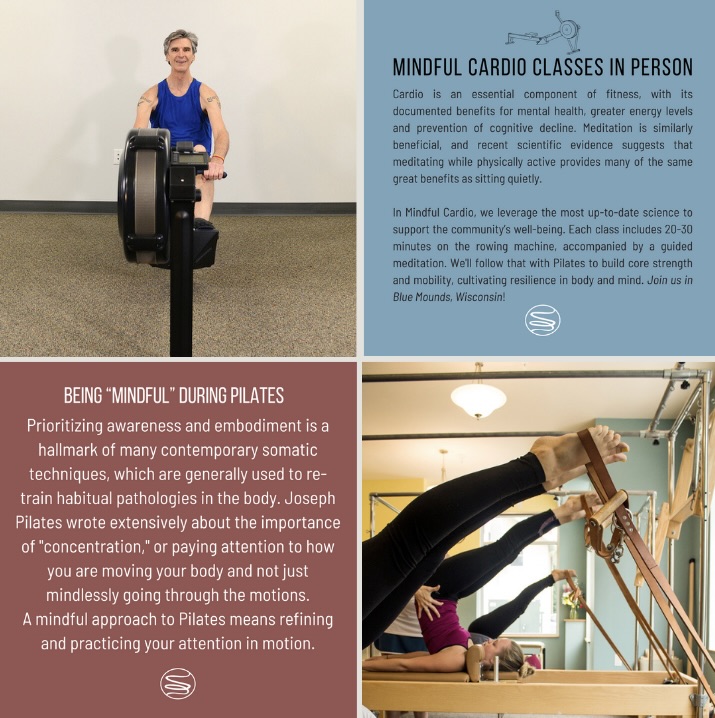Are You Aerobically Fit?
When I was a
teenager, I hadn’t yet heard of Bodhisattvas, nor had I much of an idea about
what it meant to dedicate your actions to the benefit of others. I do remember
the first time I recognized a person who saw the goodness in others. Sometimes
these people couldn’t see the goodness within themselves, though this energetic and satin-clad man could.
I’ve been
thinking of Richard Simmons more these days, as I am newly appreciating his
focus on moving the body and getting good, aerobic exercise. While I would
prefer not to Sweat to the Oldies, I do believe that we can all benefit
from being aerobically fit.
The benefits
of aerobic exercise are legion, and it seems that every day a new scientific
study expands our understanding of how aerobic fitness is essential to
mind/body health.
Heart disease
is a national epidemic, and nothing reduces the risk of heart and vascular
disease more compellingly than a baseline of aerobic fitness. Having watched my
Dad wither for years under the grip of congestive heart failure, I’m
particularly motivated to do whatever I can to prevent heart and vascular
disease. Thankfully, it’s become abundantly clear that staying aerobically fit
is one of the best ways to prevent heart attacks, strokes and what a friend
once called the slowing down to death of congestive heart failure.
In addition to
aerobic fitness’ proven potential to prevent heart disease, it can also help
prevent the various metabolic conditions, such as diabetes. The incidence of
diabetes has surged in recent years. Diabetes hugely increases the risks of
heart disease, kidney disease and other serious conditions. While nothing will
eliminate our risk of diabetes or other diseases, we can certainly improve our
odds by making informed lifestyle choices. And a baseline of aerobic fitness is
a proven means to reduce your risk of developing diabetes.
I’ve lost two
grandparents and a couple acquaintances to cancer, and cancer has been a major
hurdle for several others I’ve known. While there’s no magic bullet or cure for
cancer, there’s emerging evidence that aerobic fitness can play a part in both
cancer prevention and its treatment. For example, a recent study showed that
women who exercised 3+ days per week had a reduced incidence of breast cancer.
Another study has shown that people in the midst of cancer treatment reported
less anxiety and depression when they maintained a baseline of aerobic
activity. New studies continue to demonstrate how even modest aerobic fitness
(you don’t need to be able to run a marathon or climb a mountain!) translates
directly into measurable health benefits.
Not only does
aerobic exercise help with anxiety and depression for those undergoing cancer
treatment, but for many others, as well. I’ve been reading more studies about
the amazing benefits of aerobic exercise on the brain. Evidence is mounting
that aerobic activity can help prevent dementia, and can be beneficial in the
treatment of ADHD. Neuroscientists have been abuzz with aerobic exercise’s
capacity to keep the brain lithe and youthful – what’s often called plasticity.
It used to be
thought that our brains were fully formed and solidified by the time we reached
adulthood. Over the past few decades, however, it’s become increasingly clear
that the brain is constantly remapping itself in response to our experiences.
As it turns out, the brain is particularly adaptable and youthful after aerobic
exercise – so if you’re hoping to learn new skills, you may want to schedule
your study sessions after a workout that gets you a little out-of-breath.
Aerobic
exercise is one of the most important parts of a holistic mind/body wellness
program. Are you getting your heart rate into the aerobic zone at least a few
days per week?




Comments